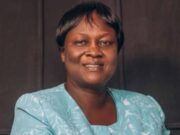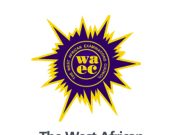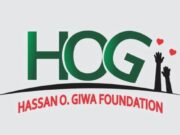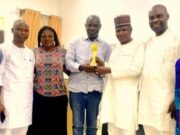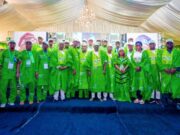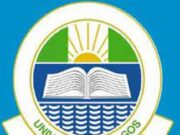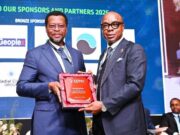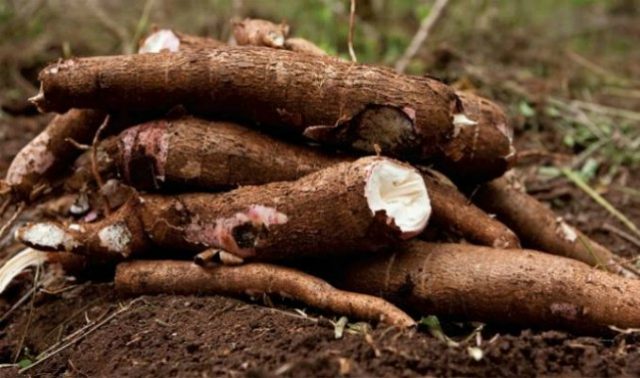The 2019 annual review and planning meeting of the African Cassava Agronomy Initiative (ACAI) has come and gone but the memories and scenes are still lingering.
The meeting, which can be described as an indaba of close to 80 experts: agronomists, breeders, social scientists, development partners, farmers and policymakers, provided an ample opportunity for reflection of ACAI’s activities not just for 2019 but also in the last 4 years of the project. Furthermore, it was a time for implementers of the project to look into the future of ACAI with emphasis on 2020 work plan.
Unlike in the past, this year’s meeting focused on dissemination: How dissemination activities took off in 2019, and what momentum is needed for 2020.
As Dr Pieter Pypers, ACAI Project Coordinator simply puts it: “It’s about scaling and dissemination first, and how we have started gaining momentum with going on ground with Akilimo.”
There was also the unveiling of Akilimo—the new face of ACAI. Simply put, Akilimo is an all-in-one agronomic advisory service to support cassava growers with knowledge and recommendations to intensify their cassava-based cropping systems. AKILIMO is built with and for smallholder cassava growers. The name ‘Akilimo’ is portmanteau of two Swahili words: ‘akili’, which means smart and ‘kilimo’, which means agriculture. Akilimo’s recommendations are based on knowledge gathered from field trials in over 5,000 farmers’ fields. Akilimo combines this data with weather and soil data in spatial crop models to calculate expected yield increases and revenue gain from investments in improved agronomic interventions. These include customized advice on fertilizer application, tillage regime and best planting practices, cost-effective weed control measures, intercropping practices and tailored planting and harvest schedules.
But more than the scaling of Akilimo, there were scientific sessions where the science behind ACAI recommendations were presented. A session by the PhD students on the ACAI project added glamour and insights to the scientific work of the project.
Christian Witt, Senior Program Officer with the Bill & Melinda Gates Foundation could not hide his admiration for ACAI’s approach to agronomy and scaling. In his words: “One thing that stands out ACAI is the science behind what you do.”
Back at the foyer, different dissemination partners of ACAI mounted booths with videos and ACAI Decision Support Tools displaying the practice of scaling.
This session, probably the most ingenious by ACAI, was about ‘Beyond Rhetoric”. The session focused on ‘the how’ and ‘the tools’ that partners are using to disseminate agronomic recommendations to farmers in their different communities. Attempts to judge the best partner was a herculean task based on the competitiveness of presenters at the booths. In the end, everyone was a winner.
A quiz competition under the leadership of former IITA Board Member, Dr Roel Merckx spiced up the momentous event. Again, no losers: We ALL Know Cassava!
While science and dissemination formed the core of the meeting, organizers also provided space for teambuilding that attracted fun among team members in the ancient Stone Town city.
The team building activity: “Lost in Stone Town” was about members of a team working together to accomplish specific tasks within a given timeframe. The activity showed clearly that without teamwork, little or nothing can be achieved.
At the end of the 3-day event, Dr Alfred Dixon, IITA Director for Development & Delivery expressed confidence that ACAI was showing the way to revolutionize cassava agronomy.
“I am a breeder of cassava … I spent years breeding but I think it is time to look towards agronomy to narrow the yield gap,” he said.
For Dr Bernard Vanlauwe, IITA Director for Central Africa, the 2019 ACAI annual meeting was super-excellent.
Packaged by Mayowa Owogbade







